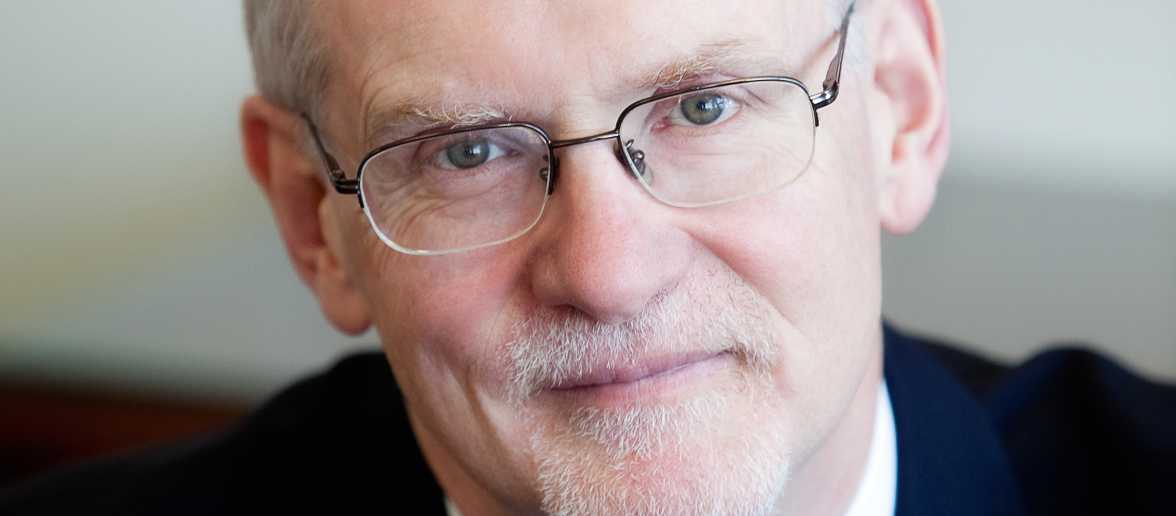
When tackling climate change, don’t wait for policy perfection
The following was orginally published in Maclean’s on April 15, 2015.
Soon three-quarters of Canadians will live in provinces that put a price on carbon. It’s time to move forward with smart carbon pricing policy in the rest
The scientific consensus is clear: we have to substantially reduce our carbon emissions by the latter half of this century to avoid the most devastating effects of climate change. The longer we wait, the harder and more costly that it gets. Conversely, the sooner we get started, the less disruptive it will be to the economy.
B.C. and Quebec have already put a price on carbon, giving businesses and consumers an economic incentive to cut their emissions. Ontario has just announced its plan to start pricing carbon. Soon, about 75 per cent of the Canadian population will live in provinces that put a price on carbon pollution. Now it’s time to move forward with smart policy in the rest of the country.
Taking that first step
The first step is developing a well-designed instrument, whether that’s a carbon tax or a cap-and-trade system. But “well designed” does not mean “perfect.” Like beauty, perfection is in the eye of the beholder. More importantly, it is the enemy of the good. If we waste a lot of time debating the best place to start and what milestones we need to hit and when, we lose the opportunity to take low-cost action immediately.
One of the things that I learned as a deputy minister is that giving people time to adjust helps reduce opposition to good public policy. So let’s start with a modest price on carbon now and raise that price over time. Some businesses have invested in carbon-emitting equipment that they can’t afford to replace in the short term. For companies that have no way of adjusting in the short run or who face competitive pressure from outside our borders, it makes sense to give them time to phase in their compliance with the new scheme. That’s another way of reducing the disruption and therefore the opposition to good policies around carbon.
Don’t wait for everyone to be on board
Finally, getting started means not waiting until absolutely everyone is on board. We don’t want to give any single group or province or government a veto over action by everyone else. Waiting means missing out on the innovation and economic opportunities the future low-carbon economy will bring.
Ultimately you have to be pragmatic about setting targets, and you have to look at how quickly consumers and industries can reasonably adjust. Yes, it’s a balancing act, but that’s what governments are elected to do. And the sooner we get started, the better for the planet—and for Canada’s economy.
About the Author
Paul Boothe is a professor at Western University, at the Richard Ivey School of Business, a former Deputy Minister, Environment Canada and former Deputy Minister, Finance, Saskatchewan, as well as a Commissioner of Canada’s Ecofiscal Commission.




1 comment
[…] Provincial leadership protects our long-term economic interests by getting policy in place now, which can be ramped up and coordinated over time, steadily encouraging low-carbon innovation. But in the shorter-term, it does beg the competitiveness question. […]
Comments are closed.